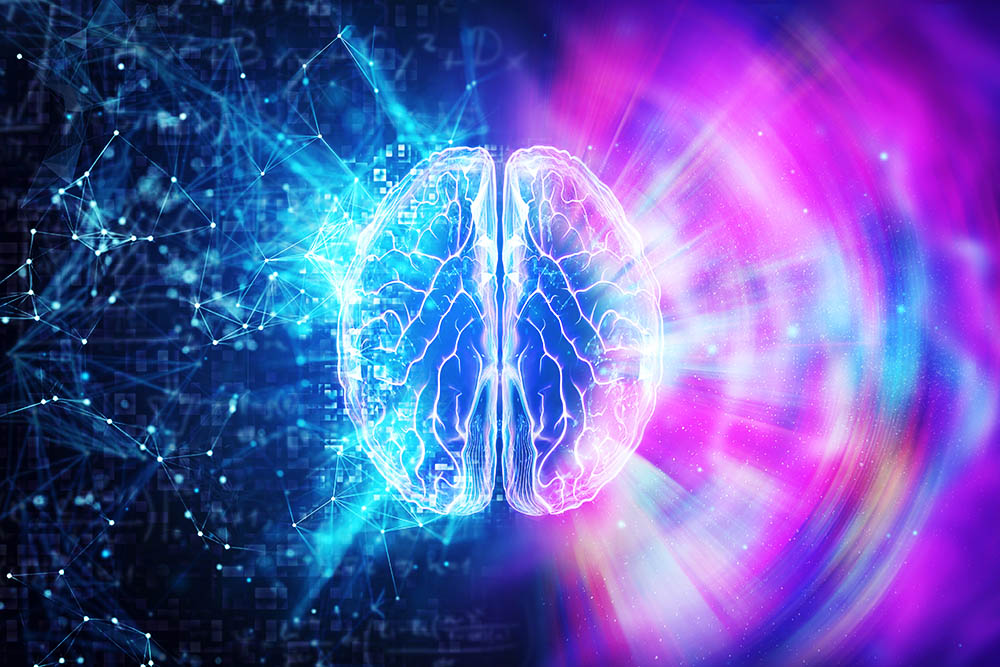Have you ever wondered how you can remember faces but forget names? How you can solve complex problems but struggle with basic ones? Or how some people seem to have a better memory than others? These questions all relate to the fascinating field of cognition, which explores how our brains process information, learn, remember and understand.
Cognition is a complex topic, and there is still much we don’t understand about how the brain works. However, in recent years, there has been significant progress in our understanding of cognition, thanks to advances in neuroscience and brain imaging technology. In this article, we will explore some of the latest research in this area and offer tips on how you can unlock the power of your brain.
What is cognition?
Cognition is an umbrella term that covers a range of mental processes, including perception, attention, memory, language, problem-solving, and decision-making. These processes are not independent; they interact with each other to help us make sense of the world around us. For example, perception helps us make sense of sensory information, attention helps us filter out distractions, and memory helps us store and retrieve information.
The neuroscience of cognition
The field of neuroscience has made great strides in understanding the biology of cognition. One major discovery is that the brain is not composed of separate modules that process different types of information (as was previously believed). Instead, different areas of the brain work together to process sensory information and create a coherent understanding of our environment.
For example, when you see a rose, your visual cortex processes the image, while your olfactory cortex processes the smell. These disparate pieces of information are then integrated in the brain’s prefrontal cortex, which helps you recognize the rose as a whole. This process of information integration is crucial for our ability to make sense of the world around us.
Learning
Learning is essential to cognition, and the brain has remarkable plasticity, meaning it can change and adapt based on experience. This plasticity is evident in the process of learning a new skill or language, where repeated practice can lead to long-lasting changes in the brain’s structure and function.
Studies have also shown that learning is most effective when it is spaced out over time (known as spaced repetition) and when it is interleaved with other types of learning. For example, if you are studying for an exam, alternating between different subjects can help you retain more information than studying just one subject continuously.
Attention
Attention is another critical aspect of cognition, and many people struggle with distractions in today’s fast-paced world. However, recent research has shown that attention can be trained, just like a muscle. For example, mindfulness meditation, which involves paying attention to the present moment, has been shown to increase attention and reduce distractions.
Another strategy for improving attention is to reduce multitasking, which can actually decrease productivity and lead to more errors. Instead, focus on one task at a time, and if distractions arise, return your attention to the task at hand.
Memory
Memory is a central component of cognition, and many of us struggle with remembering information, from the name of a new acquaintance to important facts for an exam. However, there are several strategies that can help improve memory.
One of the most effective strategies for memory is retrieval practice, which involves trying to recall information from memory. This is different from repeatedly reading information, as retrieval practice forces your brain to actively retrieve information, leading to better retention. Other strategies for memory include creating associations between new information and existing knowledge, and using mnemonic devices such as acronyms or imagery.
Problem-solving
Problem-solving is an essential part of cognition, and some people are naturally better at it than others. However, research has shown that problem-solving skills can be improved with practice and training.
One effective strategy for problem-solving is to break down complex problems into smaller, more manageable parts. This allows you to focus on one aspect of the problem at a time and can lead to more efficient problem-solving. Another strategy is to use analogical reasoning, which involves finding similarities between different problems and applying previous solutions to new situations.
Conclusion
Cognition is a fascinating field that offers insights into how our brains work and how we can improve cognitive function. By understanding the latest research, you can unlock the power of your brain and improve your memory, attention, problem-solving skills, and more. Whether you are a student preparing for an exam or someone looking to improve cognitive function, there are tips and strategies that can help you achieve your goals. Remember, the brain is a dynamic and adaptable organ, and with the right approach, you can unlock its full potential.
